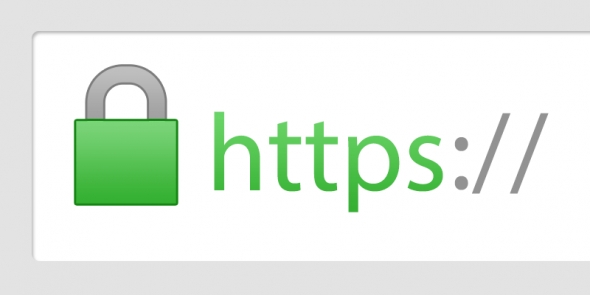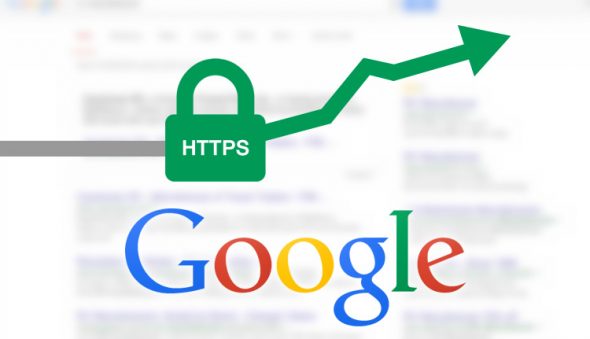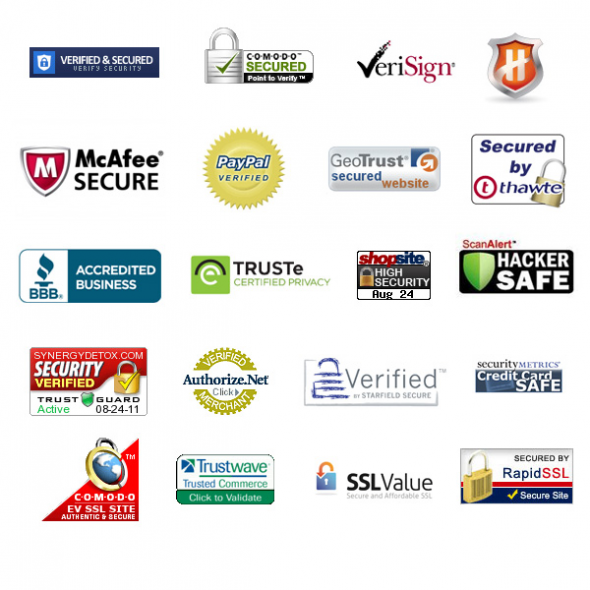23rd November, 2016
5 Min read
Book a Demo
Google takes web security standards very seriously and are looking to make the Internet a “safe place”. Accordingly, they offered a slight boost in ranking for SSL and HTTPS secured websites. However, things are soon going to change as from 2017 Google announced that their search engine algorithm will begin penalizing sites without SSL certificates.
SSL is an acronym for Secure Sockets Layer – a standardized protocol that enables private and confidential sessions between two applications exchanging data over a TCP/IP connection. To put it simple, it’s a small data file that once installed onto your server, allows sensitive data such as credit card information, social security numbers and login credentials to be exchanged safely.
Reduce your AWS costs by over 50%
Discover your Cloud Saving Potential – Answer just 5 simple questions. AppsFlyer, Playtika, Lufthansa, IBM, top leading companies are already using our FinOps services.


When an SSL certificate is deployed it activates the HTTPS protocol on your website. When a site is secured and certified a green padlock and HTTPS will appear just left from the address bar in browsers (just like in the image below).
Tweet this: Google will love you more if your website has an SSL certificate
If you are looking for more technical details about SSL Certificates you can find them in our knowledge base.
In recent years, privacy and security became the most critical issues in the world of online business. If your customers don’t feel safe there’s no customer trust, and without customer trust a web based business just won’t do well. It’s even safe to say that the lack of security and privacy standards will most likely ruin an online endeavor. When your website is handling personal data, whether it’s through simple login forms, handling transactions or credit card data, security should be a top priority.
It’s in this context that SSL Certificates join the game. Data transmitted between browsers and web servers is sent in form of plain text which makes it pretty vulnerable to eavesdropping. A hacker will easily grab and misuse intercepted information. With an SSL in place, a hacker will be unable to intercept that data. Also, statistically speaking, 70% of online shoppers cancel online orders if they don’t trust or feel comfortable executing the transaction.
The main benefits of using SSLs:

However, Google started to push harder in terms of website security, which makes it even more critical to deploy an SSL. Next will cover why now is the right time to get it.
Not so long ago, HTTPS and SSL were heavy in terms of web performance and could ultimately end up slowing your site. However, this is not the case anymore as HTTPS technology has progressed and the impact of SSLs on performance became minimal or non-existent.
With SSLs no longer being heavy and obstructing website performance, Google is shifting from boosting secured sites to actually penalizing those who aren’t. It’s a big step towards achieving their goal of a completely “safe Internet”.
If you’re looking to keep up with Google’s best practices, it’s time to get your website an SSL certificate. As there are many types of SSL certificates one could dwell on which one to pick to best cover his needs. Here are the top 3 most important you should focus on:

Tweet this: Google announced their algorithm will begin penalizing sites without SSL certificates
Once you get your SSL certificate you might want to display it. They usually come with a trust seal or badge that you can put somewhere on your website or Facebook Application page to put more emphasis on showing how much you care about your users online security.
We hope this article helped you understand the reasons to why you should implement an SSL certificate along your online assets. Considering that the performance of a website (page load time) and the level of security standard it provides are becoming increasingly important as SEO factors, you might want consider wrapping your website with a CDN to make it faster. Even though SSL are not as heavy in terms of web performance as they used to, an SSL session requires multiple round trip communications between a client and server. With a CDN in place, this exchange is always closer to the end-user resulting in no delay and provides fast, consistent and secure performance worldwide. That way, beside showing your users that you are ready to go the extra mile, you can also protect your site from increasingly dangerous DDoS attacks as CDNs can easily absorb them. They often provide their own free and easy to deploy SSL certificates. Also, if you already have an SSL it is easy to integrate it with a CDN solution.
To sum up, we strongly advise you to seriously evaluate your website performance and security standards as today they are more critical than ever before in terms of online reputation and trustworthiness. Want your customers to trust your website? Treat it with an SSL certificate, you won’t regret it and Google will love you more.
If you have any further questions regard the topic or need help choosing and deploying the right security and performance solutions for your website feel free to contact our experts at GlobalDots.
Schedule a call with our experts. Discover new technology and get recommendations to improve your performance.
